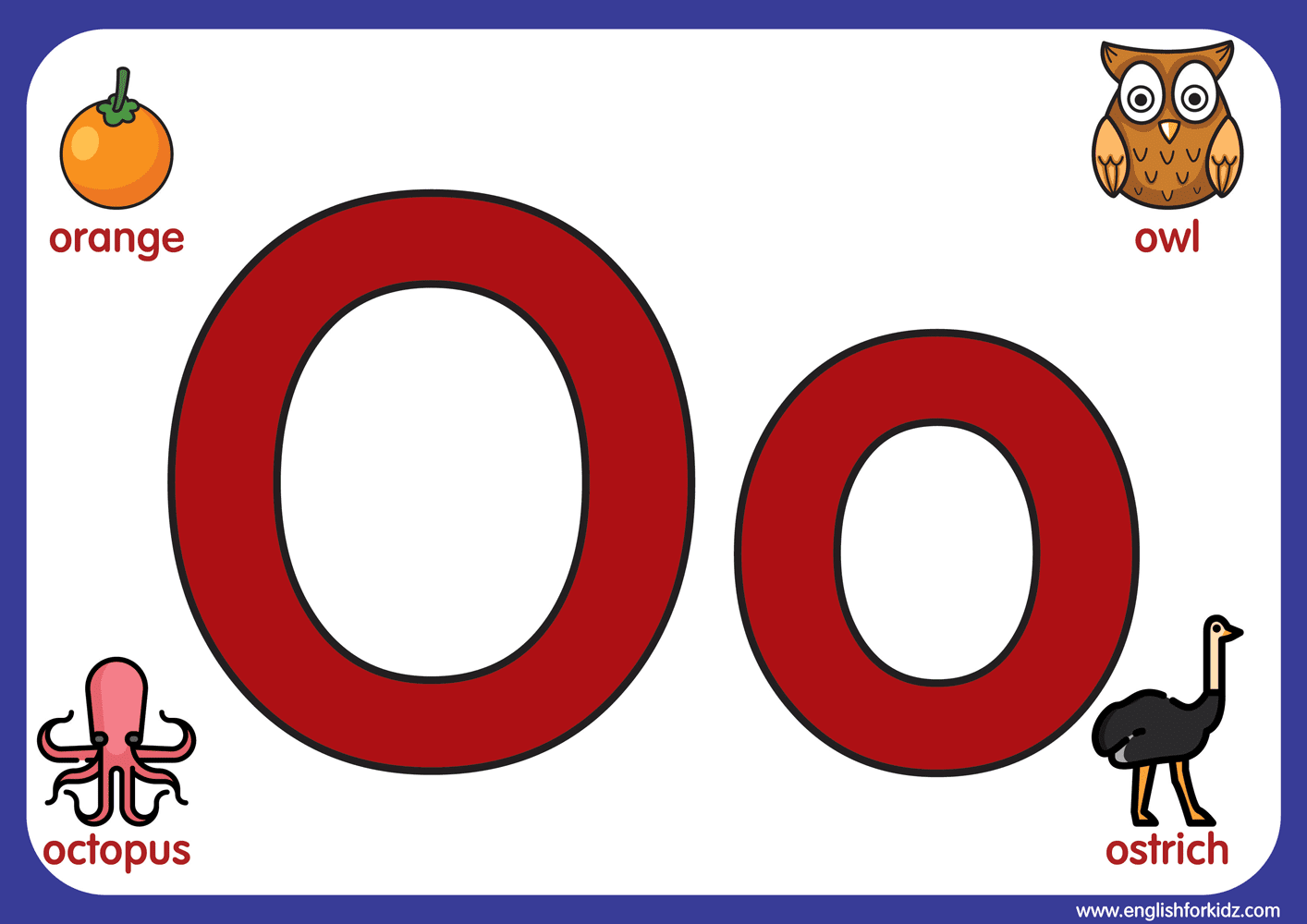Mastering 'OK' In Spanish: Your Guide To Expressing Agreement
Table of Contents
- The Universal "OK": A Starting Point in Spanish
- The Ubiquitous "Vale": Spain's Go-To for "OK"
- "De Acuerdo" and "Bueno": Formal and Flexible Options for "OK"
- Informal Expressions: Slang for "OK" in Spanish
- Why So Many Ways to Say "OK"? Cultural Context and Nuance
- Mastering Pronunciation: Sounding Natural When Saying "OK" in Spanish
- Practical Application: Using "OK" in Everyday Spanish Conversations
- Beyond "OK": Expanding Your Spanish Vocabulary for Agreement
The Universal "OK": A Starting Point in Spanish
It might surprise you, but sometimes, the simplest answer is the correct one: the Spanish translation of "OK" can simply be "OK." Yes, the English term has been adopted into Spanish, particularly in informal settings, among younger generations, or in contexts influenced by English media. You'll hear it used in conversations, text messages, and even some advertising. However, while understood, it's often seen as a borrowed word and might not always convey the same naturalness as a native Spanish expression. Think of it like an English speaker using a French word like "rendezvous" – it's understood, but there are plenty of native English alternatives. Using "OK" directly in Spanish is perfectly acceptable when you're just starting out or in very casual situations where clarity is paramount. It serves its purpose as a widely recognized term used to express agreement, acceptance, or understanding. However, to truly immerse yourself and sound more authentic, exploring the indigenous Spanish equivalents for **o.k. in Spanish** is crucial. This will allow you to navigate conversations with greater fluency and cultural sensitivity, moving beyond mere comprehension to genuine connection.The Ubiquitous "Vale": Spain's Go-To for "OK"
If you've spent any time interacting with speakers from Spain, you've undoubtedly encountered "vale." This is arguably the most common and versatile way to say **o.k. in Spanish** in Spain. Its phonetic pronunciation in English is roughly "vah-leh," and it's used for almost everything: confirming understanding, agreeing to a plan, acknowledging a statement, or simply signaling that you're listening. "Vale" is incredibly adaptable and can convey a range of meanings depending on the intonation and context. It's a cornerstone of everyday conversation in Spain, so much so that learning to use it naturally is a key step towards sounding like a local. For instance, if someone asks, "¿Vamos al cine esta noche?" (Shall we go to the cinema tonight?), a simple "¡Vale!" is a perfectly acceptable and common response to express agreement. Similarly, if someone explains something to you, saying "Vale, entiendo" (Okay, I understand) is a very natural way to confirm comprehension. Its widespread adoption makes it an indispensable part of the Spanish lexicon, particularly in the Iberian Peninsula."Vale" in Context: More Than Just Agreement
Beyond simple agreement, "vale" carries a surprising amount of contextual weight. It can function as: * **"Alright" or "Okay, then":** When transitioning between topics or acknowledging a decision. "Me voy a casa. ¡Vale!" (I'm going home. Okay, then!) * **"Got it" or "Understood":** To confirm you've processed information. "Haz esto primero. ¡Vale!" (Do this first. Got it!) * **"It's fine" or "No problem":** When reassuring someone or dismissing a minor issue. "Lo siento, llegué tarde. ¡Vale, no pasa nada!" (Sorry, I'm late. It's fine, no problem!) * **"Deal" or "Agreed":** When striking an agreement. "Te doy diez euros. ¡Vale!" (I'll give you ten euros. Deal!) This flexibility makes "vale" a powerful tool for expressing **o.k. in Spanish** in a variety of situations. Its informal yet universally accepted nature in Spain means you can use it with friends, family, and even in many professional settings without sounding out of place. Mastering its nuances will significantly enhance your conversational flow."De Acuerdo" and "Bueno": Formal and Flexible Options for "OK"
While "vale" reigns supreme in Spain, other expressions for **o.k. in Spanish** are widely used across the Spanish-speaking world, offering different shades of meaning and formality. "De acuerdo" is a very common and universally understood way to express agreement, meaning literally "in agreement" or "agreed." It's a slightly more formal option than "vale" and is appropriate in almost any context, from business meetings to casual conversations. If you want to sound clear and concise without being overly casual, "de acuerdo" is an excellent choice. For example, if a colleague suggests, "Podríamos reunirnos a las tres" (We could meet at three), responding with "De acuerdo" is perfectly professional. "Bueno" (pronounced "bweh-noh") is another incredibly versatile word that can often translate to a form of "OK," though it has many other meanings (good, well, fine). When used to express agreement or acceptance, it often carries a sense of "alright," "fine," or "well, okay." It can also be used as a filler word at the beginning of a sentence, much like "well..." in English, but it can also signal a reluctant or considered acceptance. For instance, if someone proposes something you're not entirely thrilled about but will accept, you might say, "Bueno, lo haré" (Well, okay, I'll do it). It’s a flexible term that adds a layer of nuance to your expression of **o.k. in Spanish**. Other general terms that can function similarly to "OK" include "bien" (good/well), which can mean "fine" or "alright," especially when asking about someone's state or confirming something is correct. For example, "¿Estás bien?" (Are you okay?) or "Está bien" (It's fine/It's okay). "Aceptable" (acceptable) is another, more formal way to say something is "okay," implying it meets a certain standard, though it's less common in casual conversation.Informal Expressions: Slang for "OK" in Spanish
Now, let's delve into the exciting realm of informal Spanish slang, where the ways to say **o.k. in Spanish** become incredibly diverse and regionally specific. These expressions are commonly used in casual conversations among friends, acquaintances, and in more relaxed settings. Learning them will not only make you sound more natural but also help you understand everyday interactions. Here are some alternatives to say "OK" in Spanish, often found in Latin America: * **"Simón" (Mexico):** A very common and informal way to say "yes" or "okay" in Mexico. It's a slang term, almost like saying "yep" or "roger that." * **"Va" (Mexico, Central America):** Short for "vamos" (let's go) or "vale," it means "okay," "alright," or "deal." It's very common in Mexico. * **"Claro" (Widespread):** Meaning "clear" or "of course," "claro" is used to express strong agreement or understanding. It's like saying "obviously, okay." * **"Arre" (Mexico):** Originating from cowboy culture, "arre" means "giddy up" but has evolved into an informal "okay," "let's go," or "alright." It conveys enthusiasm or readiness. * **"Ya estás" (Mexico):** Literally "you are already," this phrase means "okay," "got it," or "you're on." It implies agreement and readiness to proceed. * **"A huevo" (Mexico):** A very strong, informal, and somewhat vulgar expression meaning "hell yeah," "definitely," or "for sure." Use with caution and only among close friends. * **"Cuento con ello" (Widespread, slightly more formal):** Meaning "I'm counting on it" or "you can count on it," this implies agreement and reliance. While not a direct "OK," it conveys acceptance and expectation. * **"Dale" (Latin America):** Similar to "va," "dale" (from "dar," to give) can mean "go ahead," "do it," or "okay." It's very common in many Latin American countries.Regional Nuances: How "OK" Varies Across Latin America
The beauty and complexity of Spanish lie in its regional variations. While "vale" dominates in Spain, many of the informal expressions listed above are strongly tied to specific countries or regions in Latin America. For instance, "simón," "va," "arre," and "ya estás" are quintessential Mexicanisms. Using "simón" in Argentina might get you a puzzled look, just as using "vale" excessively outside of Spain might sound a bit out of place. This highlights the importance of understanding your audience when choosing how to say **o.k. in Spanish**. What's perfectly natural and common in one country might be less so, or even completely unknown, in another. These expressions have been adopted and are widely used in informal settings, reflecting the unique cultural identities of each Spanish-speaking nation. Embracing these regionalisms is a sign of true linguistic immersion and respect for local customs.Understanding "Simón," "Arre," and Other Colloquialisms
To truly grasp these colloquialisms for **o.k. in Spanish**, let's look at their typical usage: * **"Simón":** * *Friend 1:* "¿Vamos a la fiesta?" (Shall we go to the party?) * *Friend 2:* "¡Simón!" (Yeah, okay!) * **"Arre":** * *Friend 1:* "Hay que terminar esto rápido." (We need to finish this quickly.) * *Friend 2:* "¡Arre!" (Alright, let's do it!) - conveys enthusiasm. * **"Ya estás":** * *Friend 1:* "Te veo a las siete." (I'll see you at seven.) * *Friend 2:* "¡Ya estás!" (Okay, got it!) - confirming the plan. * **"A huevo":** (Use with extreme caution) * *Friend 1:* "¡Ganamos el partido!" (We won the game!) * *Friend 2:* "¡A huevo!" (Hell yeah!) - expressing strong, triumphant agreement. These phrases add flavor and authenticity to your Spanish. While not always directly translatable to a simple "OK," they serve the same function of expressing assent, understanding, or readiness in a casual, native-like manner.Why So Many Ways to Say "OK"? Cultural Context and Nuance
The sheer number of ways to say **o.k. in Spanish** might seem overwhelming at first, but it's a testament to the richness and expressiveness of the language. This linguistic diversity stems from several factors: * **Regional Identity:** Each Spanish-speaking country, and even regions within countries, has developed its own unique slang and colloquialisms. These expressions become markers of local identity and community. What's common in Mexico might be unheard of in Chile, and vice-versa. * **Levels of Formality:** Spanish, like many languages, places a strong emphasis on politeness and formality. There are distinct ways to address people (tú vs. usted) and, consequently, different ways to express agreement depending on whether you're speaking to a close friend, a family member, or a stranger/authority figure. "De acuerdo" offers a more neutral, respectful option, while "simón" is strictly for casual exchanges. * **Nuance and Emotion:** A simple "OK" in English can convey anything from enthusiastic agreement to reluctant acceptance. Spanish allows speakers to express these nuances more precisely through different words. "Claro" conveys certainty, "arre" conveys enthusiasm, and "bueno" can imply a more considered or even slightly hesitant "okay." * **Historical Evolution:** Languages are constantly evolving, absorbing new influences and developing new expressions. Over centuries, different regions have adapted and created their own linguistic shortcuts and informal terms, leading to the wide array of options available today for expressing **o.k. in Spanish**. Understanding these underlying reasons helps learners appreciate the depth of the language and encourages them to learn beyond direct translations. It's about communicating effectively and culturally appropriately.Mastering Pronunciation: Sounding Natural When Saying "OK" in Spanish
Knowing the words is one thing; pronouncing them correctly is another. To truly sound natural when expressing **o.k. in Spanish**, pay attention to the sounds. * **"Vale":** Pronounced "vah-leh." The 'v' sound in Spanish is often softer, closer to a 'b' sound. The 'e' is like the 'e' in "bed." * **"De acuerdo":** Pronounced "deh ah-kwehr-doh." Roll the 'r' slightly. * **"Bueno":** Pronounced "bweh-noh." The 'ue' is a diphthong, a quick glide from 'u' to 'e'. * **"Simón":** Pronounced "see-mohn." The 'o' is a pure 'o' sound, and the 'n' is clear. * **"Claro":** Pronounced "klah-roh." Again, a slight roll on the 'r'. * **"Arre":** Pronounced "ah-rreh." The double 'rr' is a strong, trilled 'r' sound. This is one of the more challenging sounds for English speakers. * **"Ya estás":** Pronounced "yah ehs-tahs." The 'y' is like the 'y' in "yes." Listening to native speakers is the best way to internalize these pronunciations. Many online resources and apps offer audio pronunciations. Practice saying these words out loud, mimicking the rhythm and intonation of native speakers. This attention to detail will make your use of **o.k. in Spanish** sound much more authentic.Practical Application: Using "OK" in Everyday Spanish Conversations
The best way to master these various expressions for **o.k. in Spanish** is to use them! Start by incorporating them into your daily practice. Here are some examples of how these phrases might appear in typical conversations: **Scenario 1: Making Plans** * *Friend:* "¿Nos vemos en el café a las cinco?" (Shall we meet at the cafe at five?) * *You (in Spain):* "¡Vale!" (Okay!) * *You (in Mexico):* "¡Simón!" (Yep!) * *You (more formally):* "De acuerdo." (Agreed.) **Scenario 2: Confirming Understanding** * *Teacher:* "Recuerden que la tarea es para el lunes." (Remember, the homework is due Monday.) * *Student:* "¡Claro!" (Of course!) * *Student:* "Bueno, lo tengo." (Okay, I've got it.) **Scenario 3: Accepting a Suggestion** * *Colleague:* "¿Qué tal si hacemos una pausa ahora?" (How about we take a break now?) * *You:* "¡Va!" (Alright!) * *You:* "Bien." (Fine.) **Scenario 4: Expressing Readiness** * *Coach:* "¡A correr!" (Time to run!) * *Athlete:* "¡Arre!" (Let's go!) By actively trying out these different forms of **o.k. in Spanish**, you'll develop an intuitive sense of when and where to use each one. Don't be afraid to make mistakes; that's part of the learning process.Common Scenarios for Saying "OK"
Here's a list of common scenarios and appropriate ways to say **o.k. in Spanish**: * **Confirming a plan:** "Vale," "De acuerdo," "Simón," "Va," "Dale." * **Acknowledging information:** "Vale," "Claro," "Entendido" (understood). * **Giving permission/assent:** "Vale," "Bueno," "Está bien." * **Expressing agreement with an opinion:** "De acuerdo," "Claro," "Sí." * **Reluctant acceptance:** "Bueno." * **Enthusiastic agreement/readiness:** "Arre," "A huevo" (very informal), "Ya estás." The key is to observe and listen. The more you expose yourself to native Spanish speakers, whether through conversations, movies, or music, the more natural these expressions will become.Beyond "OK": Expanding Your Spanish Vocabulary for Agreement
While this article has focused on the many ways to say **o.k. in Spanish**, remember that language learning is about continuous expansion. Don't limit yourself to just these terms. To truly master expressing agreement, acceptance, and understanding, consider these additional phrases: * **"Sí"**: The most basic "yes," often used to confirm. * **"Exacto"**: "Exactly," for strong agreement. * **"Cierto"**: "True," or "that's right." * **"Por supuesto"**: "Of course," for enthusiastic and definite agreement. * **"Sin problema"**: "No problem," to indicate acceptance without issue. * **"Entendido"**: "Understood," a more formal way to confirm comprehension. As you learn Spanish, you'll quickly discover that there are many different ways to express the idea of 'ok' or 'okay.' Each adds a layer of nuance and cultural authenticity to your communication. By integrating these various terms into your vocabulary, you'll not only be able to express yourself more precisely but also connect more deeply with Spanish speakers from around the globe.Conclusion
The journey to mastering- Two Babies One Fox
- Peter Ellis Kings Guard
- Mothers Warmth Chapter 3 Jackerman
- Nautica Malone
- Kim K With Ray J Sex Tape

Letter Factory O by BrownFamily1013 on DeviantArt

Printable Letter O

capital letter O in fern on a white canvas Stock Vector Image & Art - Alamy